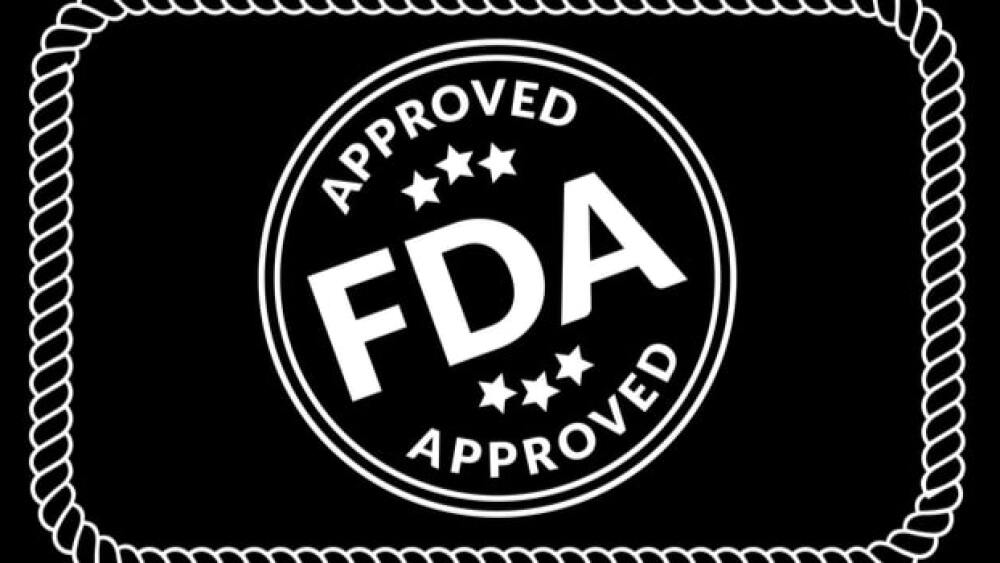The U.S. Food and Drug Administration approved two new treatments for multiple myeloma and pulmonary hypertension.
The U.S. Food and Drug Administration (FDA) approved two new treatments for multiple myeloma and pulmonary hypertension.
Sanofi won approval for Sarclisa (isatuximab) in combination with carfilzomib and dexamethasone (Kd), for the treatment of adult patients with relapsed refractory multiple myeloma (RRMM) who have received one to three prior lines of therapy.
The approval was based on the Phase III IKEMA study. Data from the study showed the addition of Sarclisa to carfilzomib and dexamethasone reduced risk of disease progression or death by 45%. In the secondary endpoint of overall response rate (ORR) there was no statistical difference between the Sarclisa arm and the control arm. They were similar at 86.6% for the Sarclisa combination therapy versus 82.9% for Kd alone. The complete response rate was 39.7% in the Sarclisa combination therapy arm and 27.6% in the Kd arm.
Sarclisa is a monoclonal antibody that binds to the CD38 receptor on multiple myeloma cells. CD38 is highly and uniformly expressed on the surface of MM cells, making it a potential target for antibody-based therapeutics such as Sarclisa.
This marks the second approval for Sarclisa, which is also approved in combination with pomalidomide and dexamethasone (pom-dex) for the treatment of adults with RRMM who have received at least two prior therapies including lenalidomide and a proteasome inhibitor.
Multiple myeloma is the second most common hematologic malignancy, affecting more than 130,000 patients in the United States. There is no cure for the disease, which means most patients will relapse.
Peter C. Anderson, Global Development Head of Oncology and Pediatric Innovation at Sanofi, said patients with relapsed or refractory multiple myeloma remain challenging to treat. He added the prognosis for patients experiencing multiple relapses is also poor.
“With this approval, Sarclisa is now included in two standard of care regimens for the treatment of patients with multiple myeloma as early as first relapse. Today’s milestone further supports our ambition for Sarclisa to become the anti-CD38 of choice for patients with relapsed or refractory multiple myeloma,” Anderson said in a statement.
United Therapeutics also scored a win from FDA for its pulmonary hypertension drug, Tyvaso (treprostinil) Inhalation Solution. The drug was approved for the treatment of patients with pulmonary hypertension associated with interstitial lung disease to improve exercise ability.
This is the second FDA-approved indication for Tyvaso, which was first approved in July 2009 for the treatment of pulmonary arterial hypertension to improve exercise ability.
Interstitial lung disease is a group of lung diseases in which marked scarring occurs within the lungs. It is often complicated by pulmonary hypertension, high blood pressure in the lungs, which further symptoms and decreases survival. PH is estimated to affect at least 15% of patients with early-stage interstitial lung disease and may affect up to 86% of patients with more severe ILD.
The FDA approval for Tyvaso is supported by data from the INCREASE trial, showed benefits across several key subgroups, including etiology of PH-ILD, disease severity, age, gender, baseline hemodynamics, and dose. Significant improvements were also observed in each of the secondary endpoints, including reduction in the cardiac biomarker NT-proBNP and time to first clinical worsening event.
Martine Rothblatt, chairperson and chief executive officer of United Therapeutics, said approval of Tyvaso is a landmark treatment advancement for these patients.
“It also underscores our commitment to driving innovation in the field of pulmonary hypertension and expanding the number of patients who can achieve a clinical benefit from Tyvaso. We plan to tap into our experience and expanded infrastructure to bring this safe and effective inhaled therapy to the many patients living with PH-ILD in the United States,” Rothblatt said in a statement.





